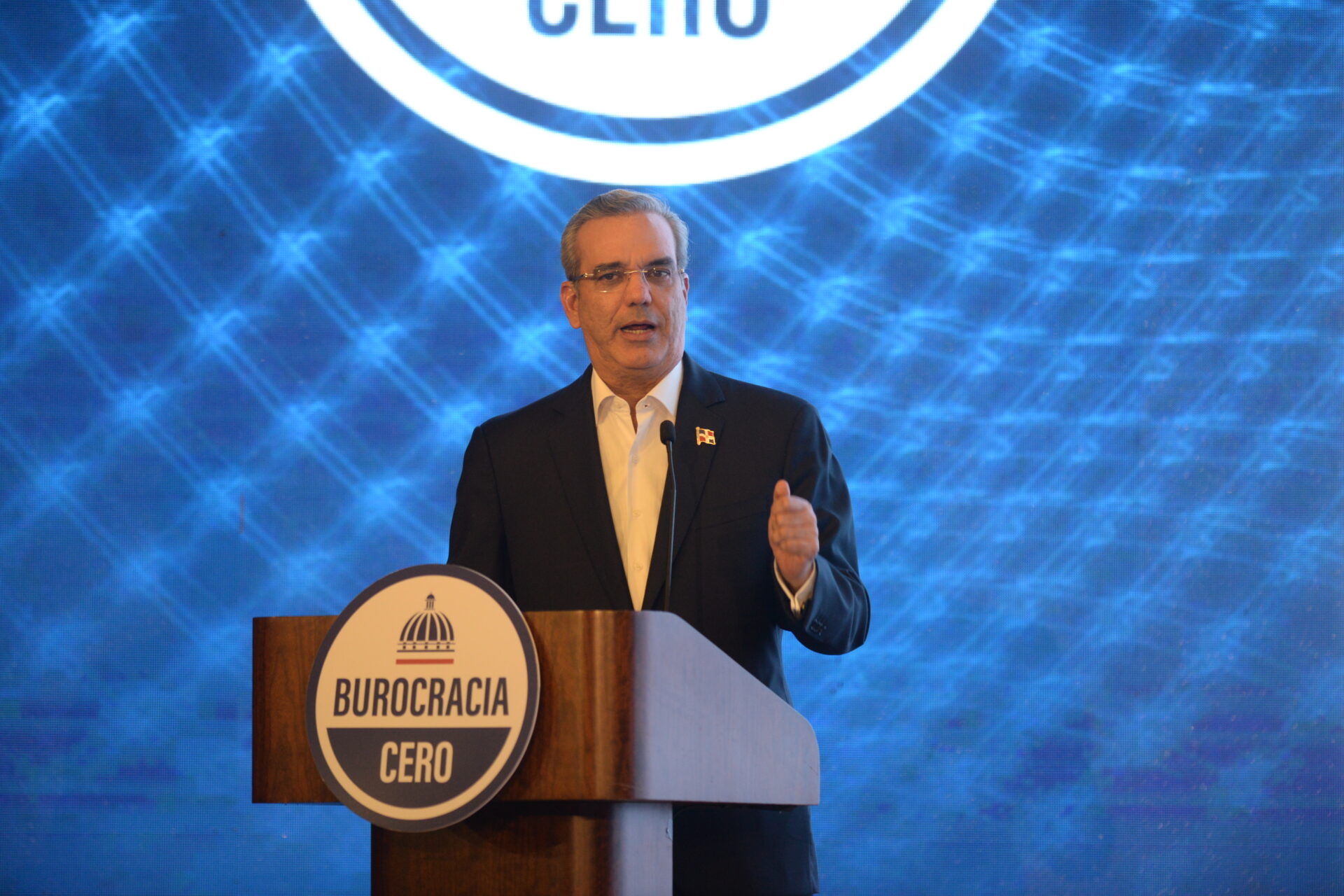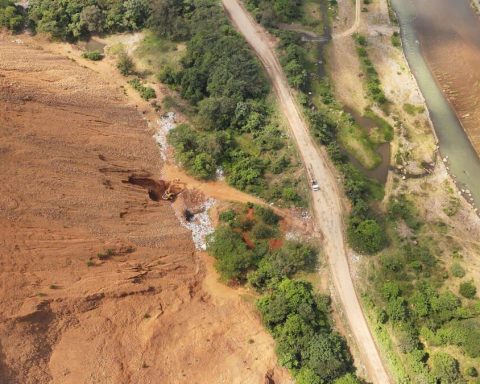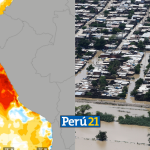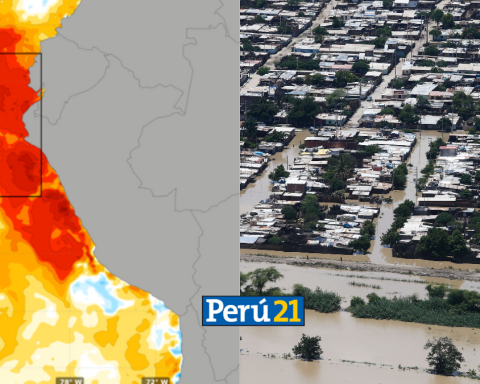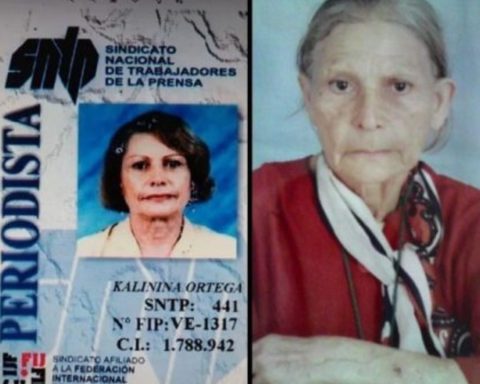President Louis Abinader led the official launch of the progress of the Zero Bureaucracy program, which seeks to streamline investment processes in the Dominican Republic.
through the program Zero Bureaucracy Clear and transparent regulatory frameworks are promoted that improve the quality of regulations and management capacity in times of change.
President Abinader stressed that Dominican history carries a strong institutional weakness, since for years, bureaucracy has represented a problem that affects the level of productivity and creates a great lack of credibility.
The president considered it necessary to improve the efficiency of public services by eliminating unnecessary bureaucratic procedures.
He explained that since his presidential campaign he began his fight against bureaucracy and “from the Government we already formed a formidable team to develop this strategy. We have had a culture of bureaucracy that costs the country billions of pesos and affects the quality of life of the citizen,” said the president.
During the event, held in the Aula Magna of the Autonomous University of Santo Domingo, the director of the Ministry of Public Administration (Map), Darío Castillo, stated that the challenges that countries are currently facing require changes to resolve citizen problems of access to services with quality and transparency.
He stressed that it is a commitment of President Luis Abinader, since before occupying the first magistracy of the country.
“The Dominican Government begins the transformation of the Public Administration by presenting the first achievements of the Zero Bureaucracy Program, making available to the public the new Single Citizen Service Portal: gob.do, through which the provision of digital services offered will be consolidated by public institutions to citizens, businessmen and the population in general”, stated Castillo.
Peter Prazmowski, executive director of the National Competitiveness Council, the entity responsible for drawing up the National Competitiveness Strategy through decree 640-20, said that Zero Bureaucracy arises in the face of high regulatory burdens that limited the productivity of companies, thus affecting the country’s competitiveness.
He pointed out that according to the results of the indicators of the Global Competitiveness Index, in 2019, the country reached a score of 32.7/100 in the indicator of regulatory obstacles, occupying position 108 of 141 countries.
He said that in that period, the bureaucracy cost the country about 12 billion pesos, so that the regulatory improvement and simplification of procedures are among the priorities of the Strategy.
Platform
In this first phase, the population will be able to digitally carry out more than 305 procedures and transactional and interactive services from multiple public institutions in an agile, fast and simple way. Likewise, the population will be able to obtain updated information on those services of an informative nature.
In addition, the one-stop windows for health, business formalization, construction and investment will be integrated, so that users who access through the portal will be redirected to the respective windows.
This platform was designed using accessibility and usability criteria to facilitate citizen interaction and provide a comprehensive user experience that facilitates the delivery of services to citizens.
In addition, this platform is integrated into the single interoperability platform, to facilitate the exchange of data and information between public institutions, which, together with the repository of documents and files, will facilitate the reduction of requirements and requests by the same institutions. , reducing time, resources and efforts under an ethical framework of personal data protection and cybersecurity.
As part of the achievements of the Zero Bureaucracy Program, the response times of the intervened procedures were reduced by more than 40%, thanks to the simplification and automation of these, as well as the reduction of requirements.
For the second phase, the integration of the single registry of regulatory improvement is contemplated, which will allow the population to know the regulations with which they must comply, participate in the processes of elaboration of new administrative regulations and public consultations.
In addition, the platform will have a universal citizen authentication component which will allow users to be biometrically validated, adding a new layer of security in the provision of services and data protection.
This initiative is part of Law 167-21 on Regulatory Improvement and Simplification of Procedures, the Digital Transformation Agenda of the Dominican Republic 2030, and the National Competitiveness Strategy.
The Zero Bureaucracy Program, created by decree no. 640-20, seeks to increase the efficiency of public administration, through clear, timely and transparent regulatory frameworks, which allow the simplification of procedures and services, as well as the improvement of the quality of regulations.
Present at the launch event were: Darío Castillo, Minister of Public Administration; Peter A. Prazmowski, executive director of the National Competitiveness Council;
Ángel Hernández, Minister of Education; Francisco Camacho, Minister of Sports, Milagros Germán, Minister of Culture; Miguel Ceara Hatton; Environment Minister;
Also Carlos Bonilla, Minister of Housing and Buildings; Antoliano Peralta, Legal Consultant of the Executive Branch, Milagros Ortíz Bosch, Director of the Directorate of Ethics and Government Integrity; Pedro Quezada, general director of the Government Office of Technology; Viviana Ribeiro, executive director of Prodominicana; Eduardo Sanz Lovatón, General Director of Customs, among others.
Members of international organizations, civil authorities and businessmen also participated.
